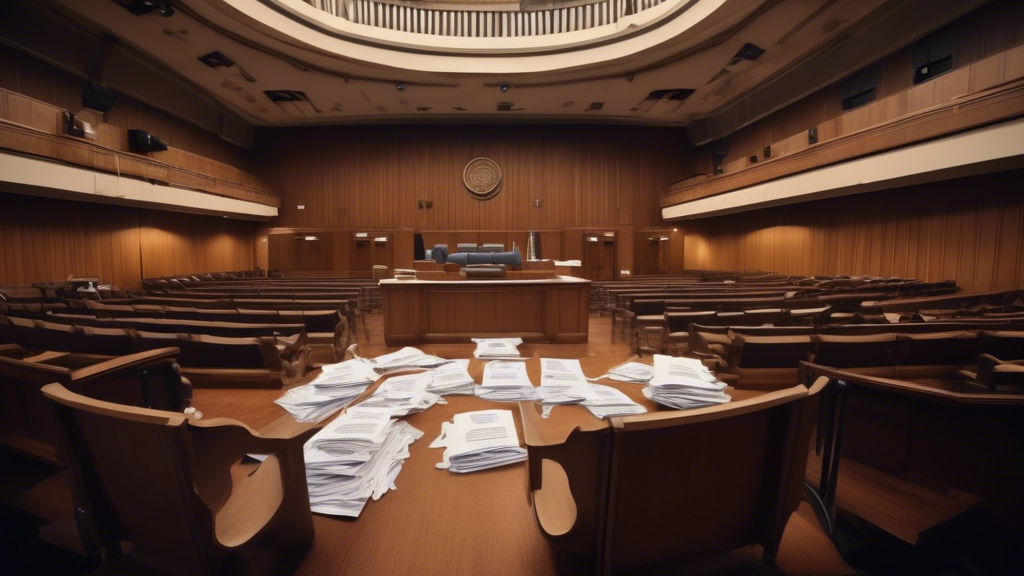
All Non-Parties Ordered to Destroy Copies of Defendant’s Sentencing Memorandum
A significant legal development has emerged from a recent court ruling which mandates that all non-parties involved in a case must destroy any copies they possess of the defendant’s sentencing memorandum. This order serves to protect the confidentiality of sensitive information contained within the document, spotlighting the delicate balance between legal privacy and public access to information.
Confidentiality and Court Orders
The core of the court’s decision revolves around the need to maintain the confidentiality of the sentencing memorandum. Such documents often include personal or sensitive details about the defendant that are not intended for public scrutiny. The court’s directive illustrates the stringent measures that can be imposed to shield sensitive information, underscoring the ethical duty to protect individuals’ privacy in legal proceedings.
Legal Implications
This ruling raises questions about the legal implications of confidentiality orders. Courts have the authority to restrict access to certain documents, but doing so poses challenges to transparency. The order suggests that specific materials in the sentencing memorandum are not meant for broad public disclosure, signaling the judiciary’s commitment to safeguarding sensitive legal matters.
First Amendment Concerns
However, the order has ignited discussions about First Amendment rights. Non-parties, including media representatives and the general public, may feel the implications of such restrictions on their access to information. The tension between the need for confidentiality in judicial proceedings and the public’s right to know creates a complex legal landscape, prompting legal scholars and practitioners to consider the ramifications of such orders.
Practical Enforcement
The practical enforcement of this order also raises concerns. In today’s digital landscape, where information can be easily copied and disseminated across platforms, the feasibility of ensuring that all copies have been destroyed is questionable. This challenge compels courts to consider how to implement and monitor compliance effectively, which could prove to be a significant hurdle in enforcing such confidentiality measures.
Precedent and Future Cases
Furthermore, this court ruling may establish a precedent that influences how sensitive documents are handled in future cases. As legal systems increasingly intersect with technological advancements, the methods employed to maintain confidentiality will likely adapt. This situation highlights the ongoing conversation regarding the intersection of privacy, transparency, and the evolving nature of legal documentation.
In conclusion, the court’s order for non-parties to destroy all copies of the defendant’s sentencing memorandum encapsulates the nuanced challenges the legal system faces in navigating issues of confidentiality versus public access. As legal experts and stakeholders observe the implications of this case, it will undoubtedly shape the policies surrounding sensitive materials in the judicial process for years to come.
